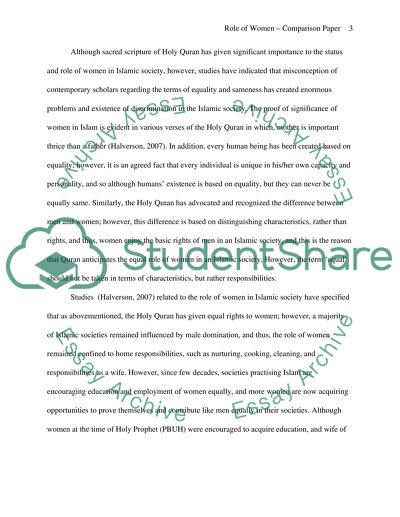Cite this document
(Comparison of the Role of Muslim and Japanese Women in Their Society Research Paper, n.d.)
Comparison of the Role of Muslim and Japanese Women in Their Society Research Paper. Retrieved from https://studentshare.org/social-science/1558033-comparecontrast-the-role-of-muslim-women-in-their-society-to-the-role-of-japanese-women-in-their-society
Comparison of the Role of Muslim and Japanese Women in Their Society Research Paper. Retrieved from https://studentshare.org/social-science/1558033-comparecontrast-the-role-of-muslim-women-in-their-society-to-the-role-of-japanese-women-in-their-society
(Comparison of the Role of Muslim and Japanese Women in Their Society Research Paper)
Comparison of the Role of Muslim and Japanese Women in Their Society Research Paper. https://studentshare.org/social-science/1558033-comparecontrast-the-role-of-muslim-women-in-their-society-to-the-role-of-japanese-women-in-their-society.
Comparison of the Role of Muslim and Japanese Women in Their Society Research Paper. https://studentshare.org/social-science/1558033-comparecontrast-the-role-of-muslim-women-in-their-society-to-the-role-of-japanese-women-in-their-society.
“Comparison of the Role of Muslim and Japanese Women in Their Society Research Paper”. https://studentshare.org/social-science/1558033-comparecontrast-the-role-of-muslim-women-in-their-society-to-the-role-of-japanese-women-in-their-society.


